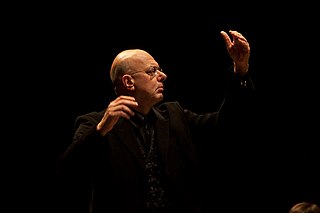A Quote by Zhuangzi
He who pursues fame at the risk of losing his self is not a scholar.
Related Quotes
There is a fundamental moral difference between a man who sees his self-interest in production and a man who sees it in robbery. The evil of a robber does not lie in the fact that he pursues his own interests, but in what he regards as to his own interest; not in the fact that he pursues his values, but in what he chose to value; not in the fact that he wants to live, but in the fact that he wants to live on a subhuman level.
You realise fame is something that if you court it too much or if you indulge in it too much, it will have a negative effect ultimately on your mental health and self esteem, because fame is ultimately about achieving positive self esteem through external factors, and that's a losing game, I would say.
One cannot demand of a scholar that he show himself a scholar everywhere in society, but the whole tenor of his behavior must none the less betray the thinker, he must always be instructive, his way of judging a thing must even in the smallest matters be such that people can see what it will amount to when, quietly and self-collected, he puts this power to scholarly use.
The faithful man perceives nothing less than opportunity in difficulties. Flowing through his spine, faith and courage work together: Such a man does not fear losing his life, thus he will risk losing it at times in order to empower it. By this he actually values his life more than the man who fears losing his life. It is much like leaping from a window in order to avoid a fire yet in that most crucial moment knowing that God will appear to catch you.
To laugh is to risk appearing a fool. To weep is to risk appearing sentimental. To reach out to another is to risk involvement. To expose feelings is to risk exposing your true self. To place your ideas and dreams before a crowd is to risk their loss. To love is to risk not being loved in return. To hope is to risk pain. To try is to risk failure. But risks must be taken, because the greatest hazard in life is to risk nothing.
The traditional gender ideals of the strong-silent man who plays his cards close to his chest and the mysterious woman who disguises her feelings with coyness go so far as to make a virtue of being unavailable and secretive. But wholehearted intimacy can develop only where two people are equally forthcoming and self-revelatory. To take the risk of loving, we must become vulnerable enough to test the radical proposition that knowledge of another and self-revelation will ultimately increase rather than decrease love. It is an awe-ful risk.









































